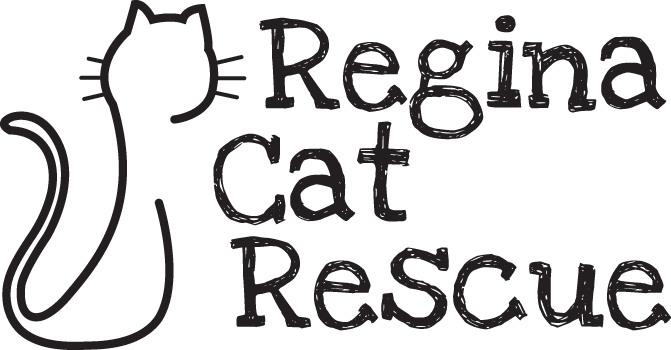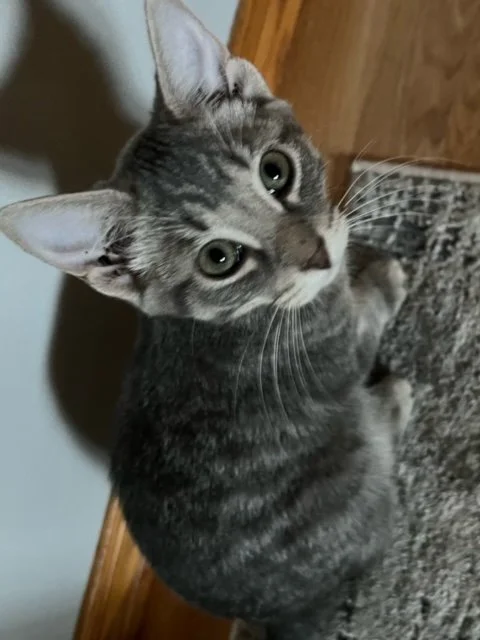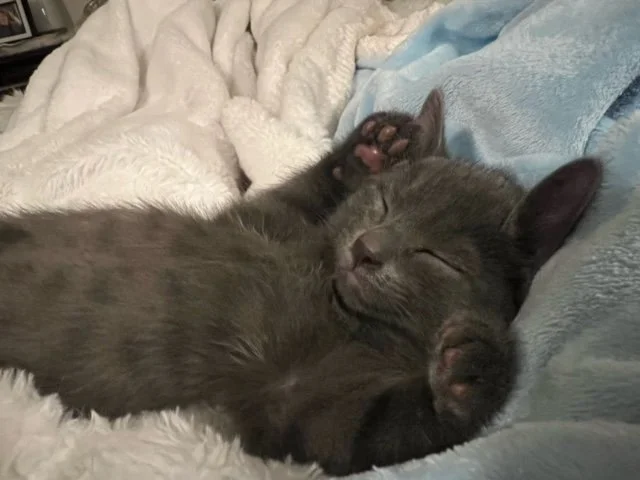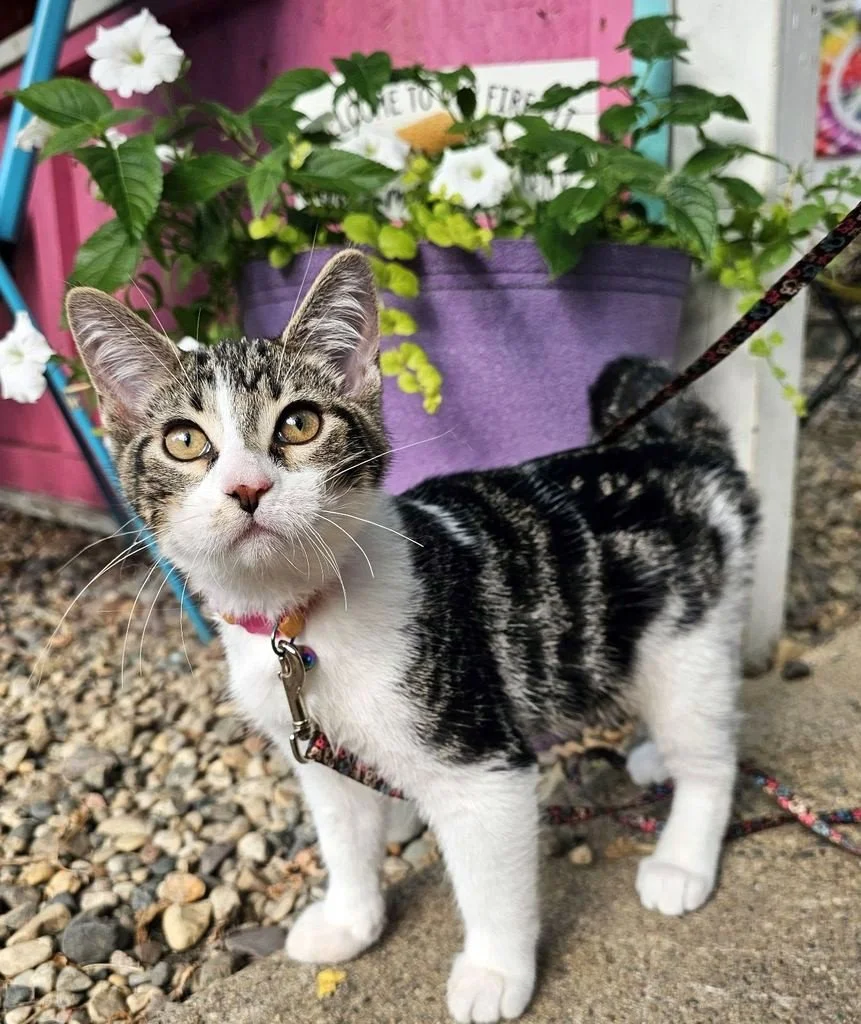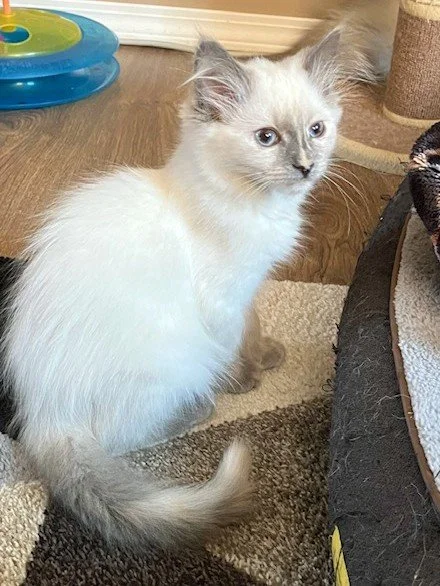Meet our volunteers: Judy Howe
/Judy’s been a dedicated volunteer with Regina Cat Rescue (RCR) for nearly 20 years. She first learned about RCR (then called People for Animals) through a friend, whose relative was a volunteer. Judy was drawn to RCR due to her love of animals and says she likes being a part of the organization because it’s “all from the heart” with all of the work being done by volunteers who share a deep love of cats and animals. Judy is retired now and likes to be able to relieve some of the work for the many volunteers who also work full-time. Judy believes volunteering is a great way to contribute for someone who doesn’t have a lot of money. She likes to help out where she can, which as you will read, has been in a lot of ways!
Judy began volunteering with RCR by working bingo shifts and continues to work bingos today. She also minded a feral feeding route for about 1.5 years where she enjoyed seeing the cats on the route waiting for her — sometimes even becoming brave enough to come out and eat while she was still present. Judy felt extremely rewarded knowing she was helping contribute to these cats being cared for and having a good life on the streets.
Judy found many other ways to contribute following her time on the feeding route. Over the years, she fostered 19 cats and socialized many feral adult cats in foster care. Currently, she fosters three very shy cats who aren’t ready for adoption and two cats who she hopes will find their forever homes soon. She also has helped the community cat team at their annual winter shelter making bee.
One of the highlights of Judy’s volunteering experience has been her participation in trapping four kittens who went to a foster home and were later adopted. According to Judy one of the most rewarding aspects of her work with RCR is watching her foster cats grow from being scared, shy cats to becoming complete “love bugs” who snuggle, purr and follow her everywhere.
This fall, we advertised a new volunteer opportunity and Judy was one of the first to sign up! She’ s now a regular volunteer at Excalipurr Cat Café, having taken on the job of cleaning the cat room weekly, in addition to being one of the regular volunteers who mind the cat room, clean litters and assist with adoptions at the café.
Every summer through fall, Judy can be found working in the Western Pizza Booth at Roughrider home games and other Mosaic Stadium events, serving food and drink in support of RCR. Judy has volunteered at weddings, marathons, the annual RCR garage sale and attended many RCR sales and information booths. She’ s often the person called when a volunteer is needed at the last minute to fill a vacancy as well. Other ways that Judy assists with the organization is by transporting cats to vet appointments, foster homes, and once to a farm home outside Regina. Judy is also well known throughout RCR for her awesome work selling RCR’s winter and spring raffle tickets!
Judy may do a lot for RCR, but we can always use more help! If you’re interested in volunteering to help Regina’s abandoned cats and kittens, check out our volunteer job descriptions, join our volunteer group on Facebook or submit a volunteer application today!
